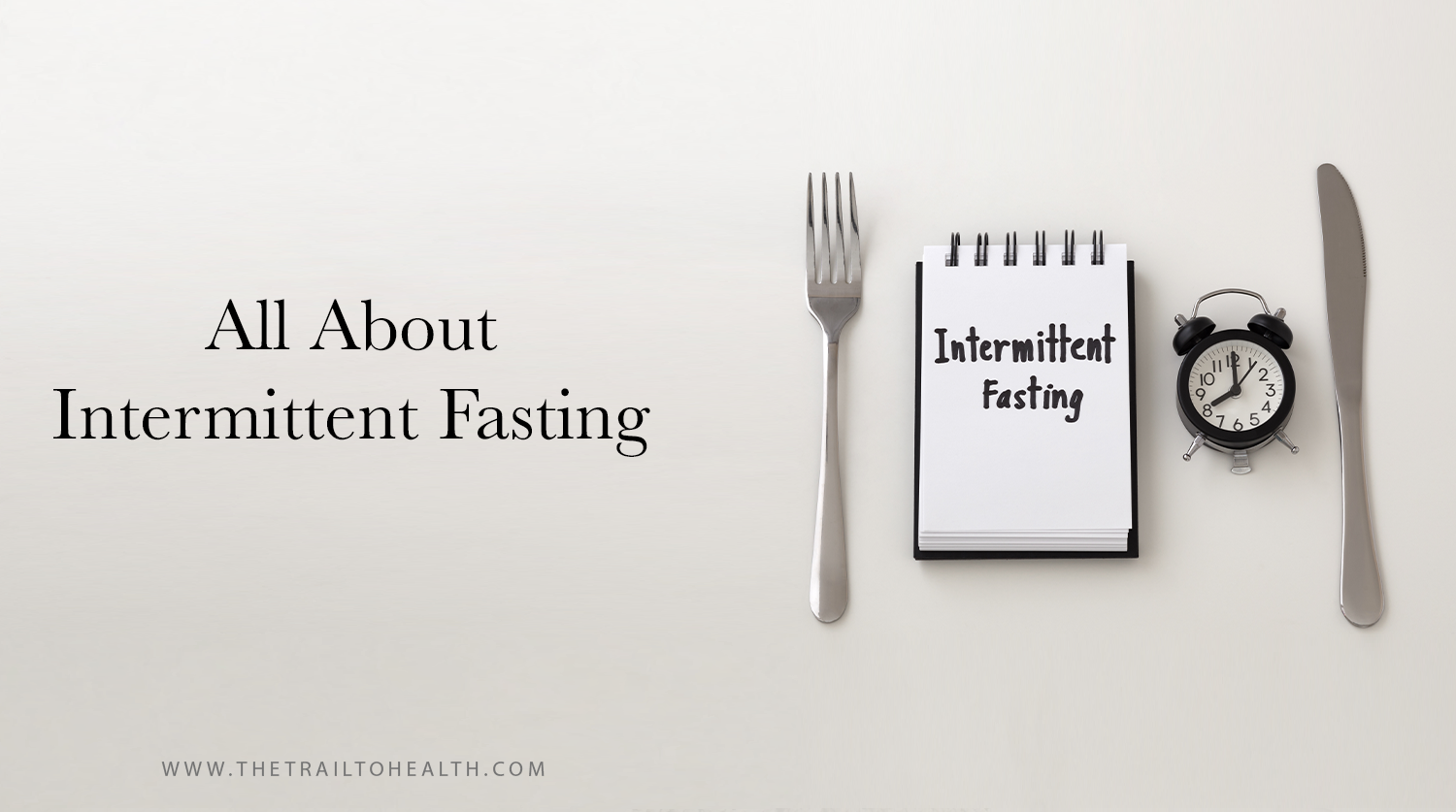All About Intermittent Fasting
/Let’s talk about the centuries-old tradition of fasting.
Fasting spans across most religions and cultures, and is proven to promote many mental and physical health benefits. Additionally, fasting is a way of managing weight and promoting weight loss.
It’s no secret that in the last few years intermittent fasting has garnered mass attention for its health benefits. Which is why today I’m talking all about intermittent fasting.
What Exactly Is Intermittent Fasting?
Essentially, intermittent fasting involves dietary cycles in which you are either actively eating or abstaining from food. While some people choose to try intermittent fasting as a method of losing weight, the main perks are all the associated health benefits. So, what does intermittent fasting involve? When are you supposed to eat and when do you fast? Here’s a look at different types of intermittent fasting:
Methods Of Intermittent Fasting
There are several options for intermittent fasting, and finding the right method might require experimenting with each one to see which one suits you. Here’s a quick overview of each one:
5:2 - You’ll eat normally for five days and fast/eat lightly (500-600 calories each day) for two days.
24 Hour Fast - Completely cut out food for 24 hours 1-2 times a week.
16:8 - Eat your day’s calories within an 8 hour time-frame, and fast for 14-16 hours.
Health Benefits Of Intermittent Fasting
So, why choose to restrict foods for certain hours or days? Straight up, there are major health benefits to intermittent fasting. Think about it: how many times throughout the day does the average person snack, or eat food that’s outside of three square meals? Moreover, depending on each of our activity levels, we might not necessarily require three meals a day. Intermittent fasting draws from a prehistoric, hunter-gatherer lifestyle, where food was not in ample supply.
Currently, we can eat whatever we want, whenever we want. Intermittent fasting puts some limitations on what we eat in order to invite health benefits. Here’s a look at some of the many health benefits of intermittent fasting:
Weight loss
Boost in energy
Enhanced brain functioning, including better memory and focus
Lowered cholesterol
Autophagy, which is an important function of cleansing the body of defective tissues and old cells to make room for new ones
Helps prevent Type 2 diabetes by reducing insulin resistance
Promotes longevity and lifespan
How To Start Intermittent Fasting
If you are reading this—I’m guessing you want to try intermittent fasting, which is great because making the transition is pretty simple. Depending on which method you choose, you’ll have to make adjustments for each one. For 16:8 fasting, you basically skip breakfast and start eating around 2pm and stop eating by 8pm. You can also try the Bulletproof Intermittent Fasting, which is the same as 16:8, except you drink a Bulletproof Coffee for breakfast. This gives you a shot of caffeine and energy to last until lunchtime. (Use code TRIALTOHEALTH20 to get 20% off).
Ultimately, you want to eat a high-fat, low-carb and moderate protein diet for lunch. The goal isn’t to count calories or do a crash diet, but to eat healthy options within the 6-8 hour window.
Bottom Line
More and more prominent health figures and celebs are switching to intermittent fasting. Ultimately, it’s a personal decision and depends on your lifestyle, but the health benefits alone are worth giving it a try. Additionally, intermittent fasting brings consciousness to our eating habits by limiting the hours or days in which we eat. Not only does intermittent fasting boost weight loss, but the enhancement in brain functioning will assist with clear thinking, clarity and focus. It’s incredible what a shift in our eating cycles can do to improve our health and wellness!






















